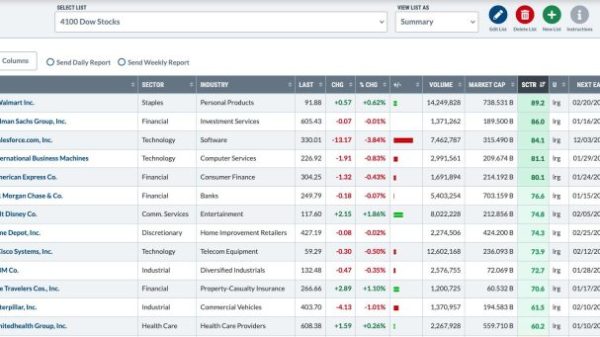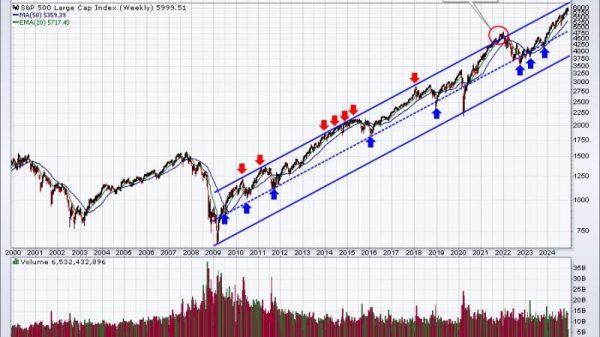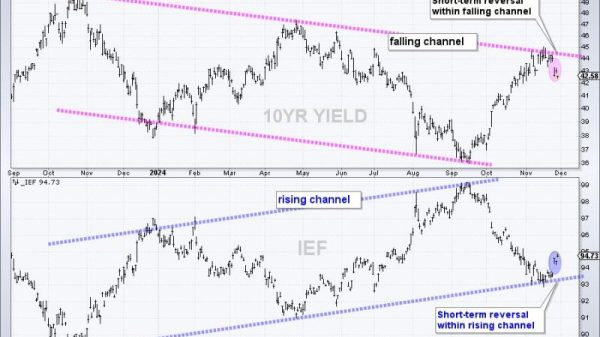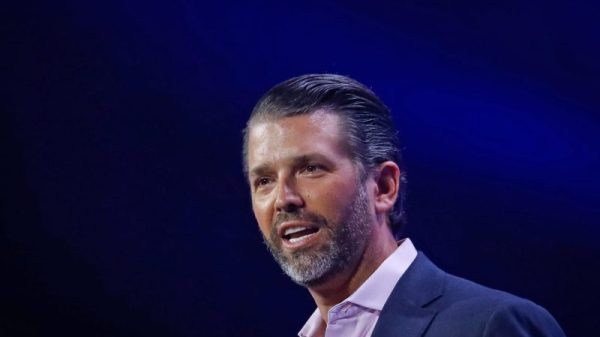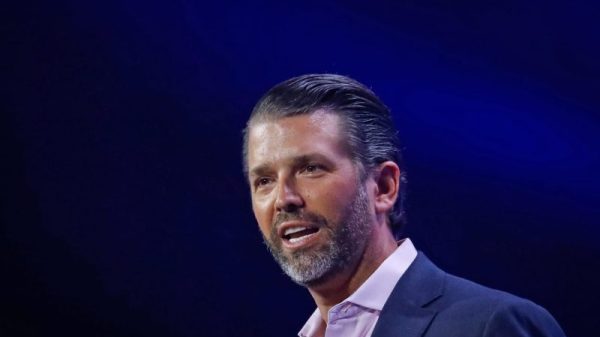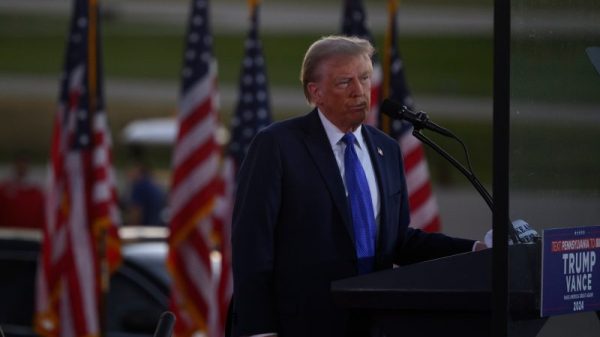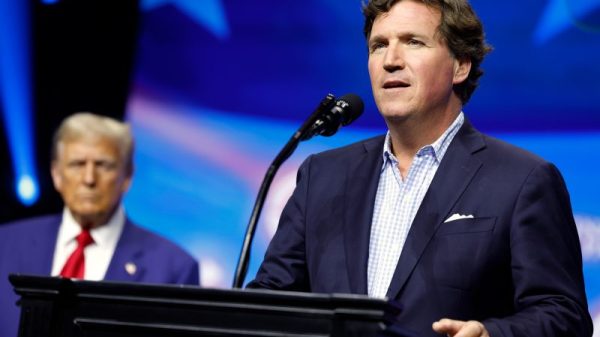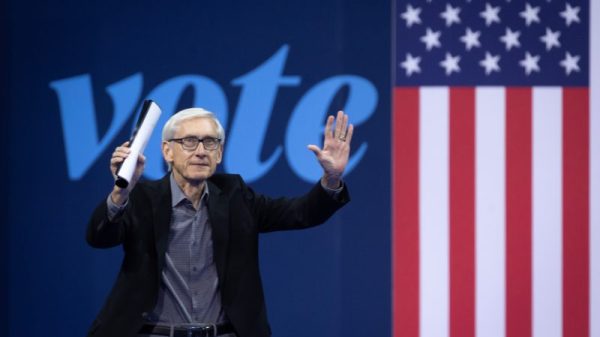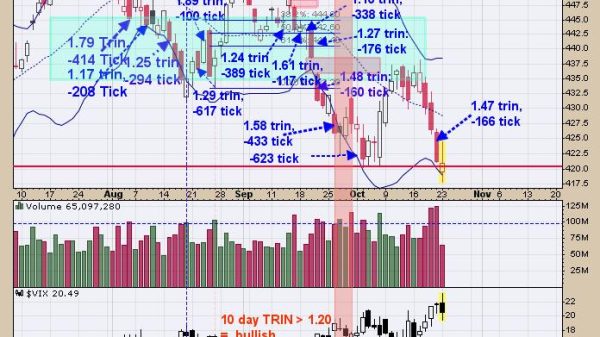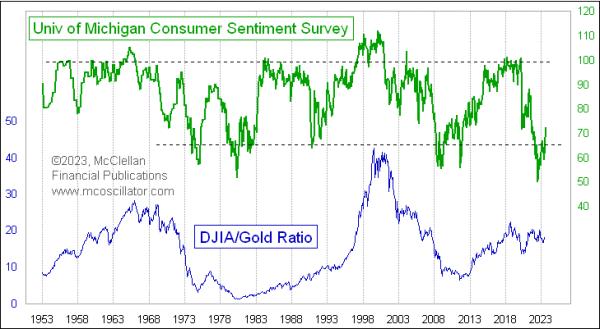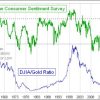The headline on the cover of the latest issue of the Economist magazine does not mince words: “Donald Trump poses the biggest danger to the world in 2024.” The alarm is twofold. First, that the former president could win the election next November; and second, what he might do if that happens.
Presidential elections are often about many things. In 2024, the economy will be a factor for most voters. For many, immigration will be another. Abortion, too, will continue to be a motivator. President Biden’s record certainly will be a consideration, as will the incumbent’s age and perceptions of his capacity to lead the nation for another four years, until he is 86.
But the Economist puts the focus where it needs to be, which is on the former president — what he did during his first term, including what he did to help provoke the Jan. 6, 2021, attack on the Capitol, and, most important, how much farther out he has gone rhetorically and substantively since then to preview what a second term might portend.
The Economist summed up why a Trump victory in 2024 could be materially different from his first in 2016. “A second Trump term would be a watershed in a way the first was not,” the editors wrote. “Victory would confirm his most destructive instincts about power. His plans would encounter less resistance. And because America will have voted him in while knowing the worst, its moral authority would decline.”
Trump has spoken openly about a second term as a time of retribution, when he would weaponize the Justice Department to go after his opponents. The Washington Post recently reported that he has identified individuals he would target for investigation, including a number who served in his administration. Among those cited in the article were former White House chief of staff John Kelly, former attorney general William P. Barr and former chairman of the Joint Chiefs Gen. Mark A. Milley. He has also talked about going after Biden and his family.
Seven years ago, the journalist Salena Zito, after listening to many voters in what became Trump country, coined an expression that later seemed to sum up why there was shock and surprise in many establishment quarters when he defeated Hillary Clinton in 2016: “The press takes him literally, but not seriously,” she wrote. “His supporters take him seriously, but not literally.”
How literally to take everything Trump says is a good question. He is a performance artist who lives in the moment. He knows how to shock and provoke his adversaries — and he includes the press among those adversaries. Does he mean what he says?
Another question is how much attention should be paid to him. Should every wild statement be splashed on the homepages of traditional media websites and commented upon endlessly on cable roundtables? Or should they be mostly ignored as just another effort to attract attention?
Neither of those questions has a simple answer. But to the other half of the Zito formulation, there is no comparison, or at least should not be, between 2016 and 2024. Taking Trump seriously, as the Economist does in its new issue, is a requirement — for the press, certainly, but also for all Americans who care about the future.
Trump has a devoted following, and a good portion of it is intensely loyal. These supporters hang on his words, even if they don’t take them literally, and they follow him wherever he goes politically. A new poll by The Washington Post and Monmouth University of Republican primary voters in New Hampshire underscores not only the lead Trump has over his rivals for the party’s nomination but also the degree to which his supporters are fixed on his side.
Trump leads the GOP field in New Hampshire with 46 percent support and his challengers far behind. Among his supporters, 80 percent say they will definitely vote for him in the Jan. 23 primary. Among all potential primary voters, 41 percent say they would be enthusiastic if he becomes the nominee, double or more the enthusiasm for any of his rivals. When Monmouth asked that question in 2016, 26 percent said they would be enthusiastic about him leading their ticket that fall.
A majority of these potential primary voters (55 percent) say Biden won the 2020 election “due to voter fraud,” and among that group, 72 percent are backing Trump. Among those election deniers, none of Trump’s rivals is in double digits. That’s one more marker of how Trump’s lies have infected the party and a worrisome indication that those voters would likely approve of whatever direction he might move in the future.
At this point, there is little drama about the outcome of the Republican nomination contest. While that could change, a focus on Trump as the likely nominee is well justified. Attention can be paid to rivals like former U.N. ambassador and former South Carolina governor Nikki Haley, Florida Gov. Ron DeSantis and, because he could be a force in New Hampshire, former New Jersey governor Chris Christie.
But that is not the only or even principal focus of attention in a campaign year that is unlike either of Trump’s previous campaigns. Treating Trump as the likely nominee means ever more attention can be focused on who he is, who he has become, and who he might be if elected again.
The Post reported in May about “the deepening radicalization” of Trump. The article noted that his positions “have become even more extreme; his tone more confrontational.” In recent days, both The Post and the New York Times have published stories about what policies and actions Trump might pursue in a second term, from using the Justice Department to go after enemies to a broad immigration crackdown to purges in the executive branch.
The two leaders of Trump’s reelection campaign — Susie Wiles and Chris LaCivita — sent out a statement this past Monday attempting to distance the former president from the substance of such stories. The statement noted that some of the reporting is based on work being done by think tanks, which are friendly to Trump, and others not directly associated with the campaign, though the stories also are based on things Trump has already said.
“These reports about personnel and policies that are specific to a second Trump Administration are purely speculative and theoretical,” they wrote. “Any personnel lists, policy agendas, or government plans published elsewhere are merely suggestions.”
That they felt it necessary to issue such a statement might simply be that Trump doesn’t like others to speak for him. But it also highlights the degree to which they must recognize that greater focus on possible radical policies being discussed means greater possible damage to Trump’s chances of winning a second term.
Whatever his campaign advisers say in a statement, Trump himself is not running away from some of what was written about a possible second term. In an interview on Univision a few days after The Post story said Trump might use the Justice Department to go after opponents, the former president confirmed that yes, he might well do that if he gets back into office.
The former president and the current president are headed toward what could be a very close election. Polling in the states that will decide who wins an electoral college majority now gives Trump a slight edge. These polls should be read with caution, given that they are a year out, that most voters have not fully keyed into the general election and that events over the next nine to 12 months are impossible to predict.
With Trump facing four criminal indictments involving 91 felony counts, the campaign could be as much courtroom drama as rallies and ads. How will voters process a conviction if that were to occur?
Trump’s rhetoric has become more extreme; it is language associated with authoritarian leaders of the past. The latest and most provocative came during a Veterans Day speech in New Hampshire, when he said this: “We pledge to you that we will root out the communists, Marxists, fascists and the radical-left thugs that live like vermin within the confines of our country that lie and steal and cheat on elections.”
Those words quickly echoed across the country and beyond, reported by news organizations and replayed again and again on cable television. Should what he said be taken neither literally nor seriously, or has a Rubicon been crossed that, with an upcoming election, requires that he be taken both literally and seriously?






